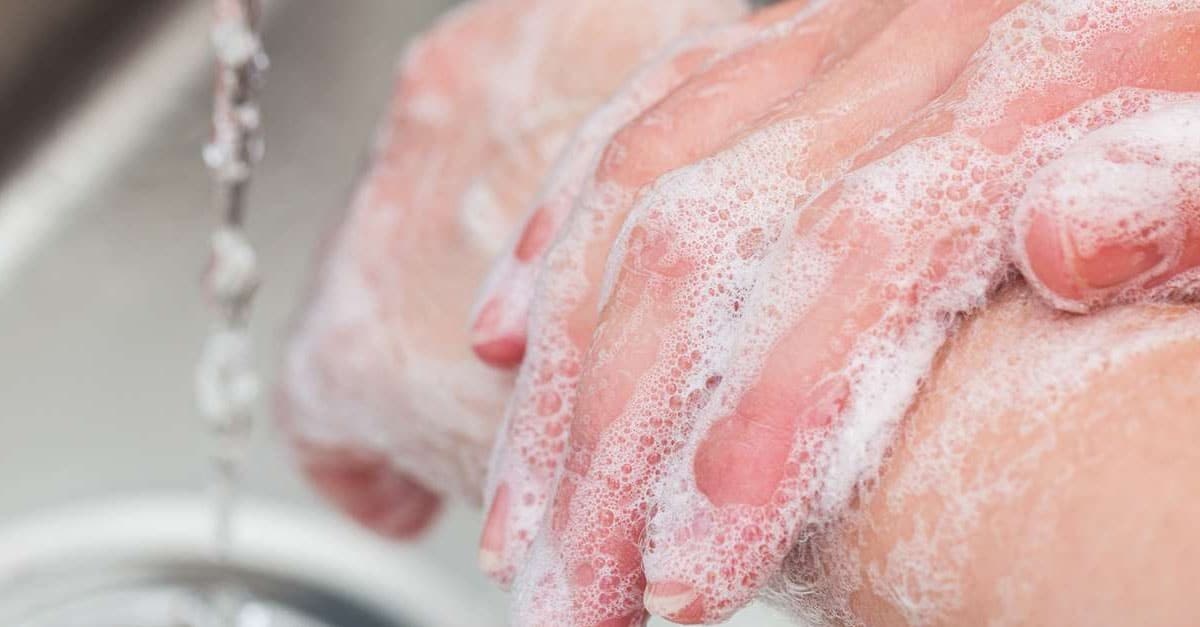
Preventing the Risk of Infection in the Home
If a family member has an infection, they may risk spreading it to a person who is “at risk.” The home and surroundings must be constantly kept as clean as possible.
Take these steps to prevent infection in the home:
- Always wash your hands before and after providing care; this includes; contact with the patient, after touching equipment, after contact with their immediate environment (bed, nightstand, linens, etc.), after removal of gloves, after toileting, and before eating.
- Use antimicrobial soap and water or an alcohol hand sanitizer for hand hygiene.
- Family members should keep their distance if they have been diagnosed with a communicable disease or have symptoms of infection (e.g., fever, cough, congestion, sore throat, vomiting, diarrhea, rash, drainage from eyes or skin).
- Cover your mouth and nose with a tissue when you cough or sneeze. Dispose of your used tissue in the garbage. If you don’t have a tissue, cough or sneeze into your upper sleeve instead of your hands.
- Use clean, disposable (not sterile) gloves to assist with care when bodily fluid is contacted.
- Gowns should be worn if there is a chance your clothes may be soiled.
- Toothbrushes and razors should not be shared since bleeding may occur during use.
- Wash soiled tabletops, toilets, showers, and floors with hot, soapy water, then disinfect with a solution of one part bleach and ten parts water.
Safe Disposal of Medical Waste:
Medical household waste is any disposable item used when providing care in the home that has been soiled by blood, bodily fluids, and/or bodily waste (that is, urine, feces, vomit, blood). Examples of this waste are used gauze bandages, dressings, disposable diapers, underpads, tissues, and disposable gloves.
- Use gloves when providing care or handling items soiled with blood/bodily fluids.
- Dispose of household waste in the regular garbage and do not recycle.
- Always keep a waste container near the patient’s bed.
- To dispose of soiled bandages, dressings, diapers, underpads, tissues, or other disposable equipment (except needles, syringes, and sharps), use two plastic bags to line the waste container and close when full securely and place in the regular garbage.
- Always dispose of feces, urine, and vomit in the toilet and flush.
Safe Disposal of Needles, Syringes, and Surgical Instruments:
- Dispose of needles, syringes, and surgical instruments immediately in an appropriate container. Please call our office if a container is needed. A suitable container is something opaque, puncture-resistant, and leak-proof with a screw-on top. Hard plastic laundry detergent, bleach, or fabric softener containers are perfect.
- Store the container near the area where needles, syringes, or surgical instruments (sharps) will be used.
- Store the container in an upright position and out of the reach of children.
- When the container is full and ready for disposal, screw the top on tightly, label it “NeedlesSharps,” place it in double plastic bags, and place it in the regular garbage for pickup.
For Safety Reasons Do Not:
- Use glass containers to store or throw out needles, syringes, or other sharps.
- Use metal coffee cans to store sharps because the lids can easily fall off.
- Bend, break, or re-cap contaminated needles or sharps.
- Throw needles, syringes, or sharps into the household garbage because someone might get stuck.
At MJHS, we value both personal and professional caregivers and recognize the critical work you do. That is why we have created these online caregiving resources to help you through this crucial time in your life.
If you need additional help and support caring for your loved one, please feel free to contact MJHS. We can recommend other care options available to you through one of our programs.